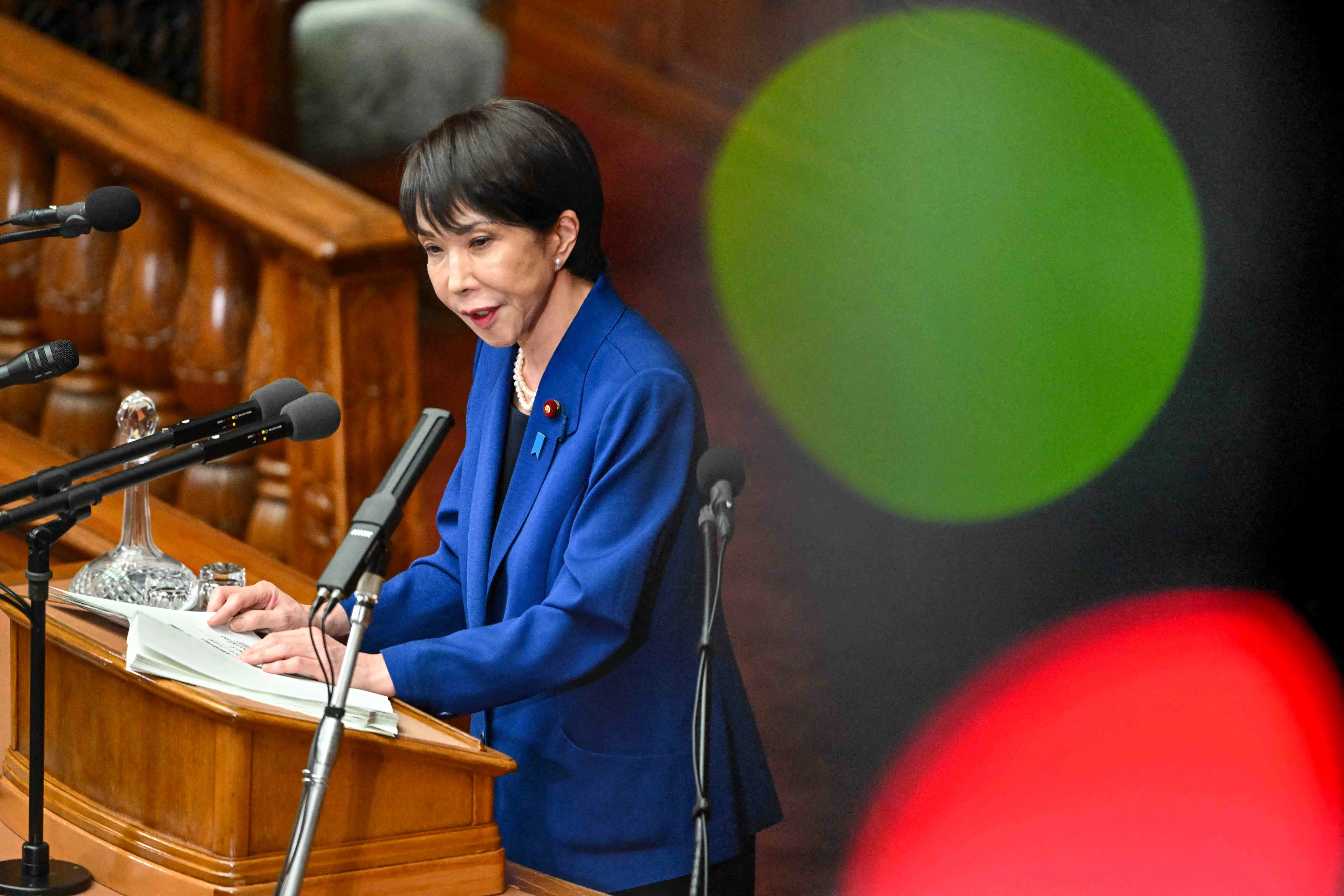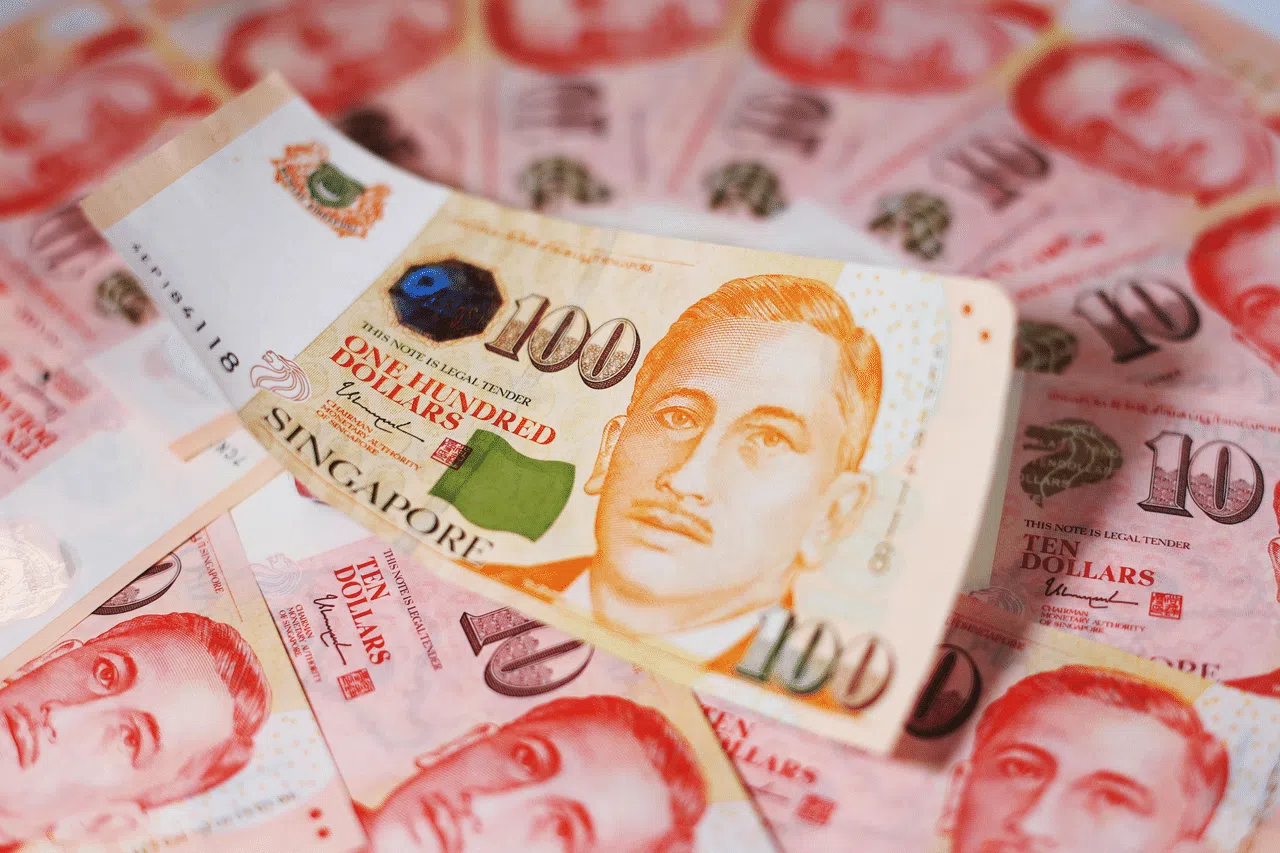Copyright scmp

China has held off on congratulating Japan’s new prime minister nearly a week after her appointment, a break with precedent that sends alarm about the state of relations between the two countries. China hawk Sanae Takaichi, 64, took office on Tuesday, becoming the first woman prime minister in the country’s history and the fifth person to hold the office in five years. She took over from Shigeru Ishiba, who was congratulated by both Chinese President Xi Jinping and Premier Li Qiang on the day he assumed office in October last year. Beijing also sent immediate congratulatory messages to former Japanese leader Fumio Kishida when he was elected in October 2021, and Yoshihide Suga when he took office in September 2020. Asked on Thursday whether Beijing would congratulate Takaichi, Chinese foreign ministry spokesman Guo Jiakun said: “China made proper arrangements according to diplomatic practices.” “China and Japan are each other’s close neighbours. China’s fundamental position on its relations with Japan is consistent and clear,” Guo added. “We hope Japan and China will meet each other halfway … honour its political commitments on major issues concerning history and Taiwan, uphold the political foundation of the bilateral relationship, and fully advance the China-Japan strategic relationship of mutual benefit.” Guo’s comment echoed a statement on Tuesday when he said, “China noted the result of the vote and considers it Japan’s internal affair”. A former internal affairs minister known for her conservative views, Takaichi was chosen to lead Japan’s ruling Liberal Democratic Party earlier this month in a run-off vote against more moderate candidate Shinjiro Koizumi. Some observers have warned that tensions between Beijing and Tokyo might escalate under Takaichi’s administration, citing her controversial positions on Taiwan and Japanese wartime history. Takaichi has strongly advocated for the prime minister to visit the controversial Yasukuni Shrine honouring Japan’s war dead. Visits to the shrine by politicians anger Chinese because of Japan’s 1931 invasion and occupation of China and the atrocities its troops committed there. Takaichi’s engagement with Taiwanese officials has also drawn criticism from Beijing. In April, Takaichi met Taiwanese leader William Lai Ching-te in Taipei, where she called for cooperation on defence aimed at “maintaining our security guarantees”. She also met Taiwanese Foreign Minister Lin Chia-lung in Japan in July. Beijing sees Taiwan as part of China, to be reunited by force if necessary. Japan and most other countries, including the United States, do not recognise self-governed Taiwan as independent, but Washington is opposed to any attempt to take the island by force and is committed to arming it for defence. Relations between China and Japan have long been dogged by territorial disputes, wartime history and the complexities of Tokyo’s alliance with Washington. Despite recent efforts to deepen economic cooperation and promote people-to-people exchanges, ties remain largely strained, especially on the security front. Those tensions are likely to persist, with Takaichi pledging in her first policy speech on Friday to accelerate a defence spending target by two years. The Chinese foreign ministry said this commitment added to regional doubts about Japan’s defence policy. “In recent years, Japan has been drastically readjusting its security policy, increasing defence spending year after year, relaxing restrictions on arms exports and seeking military breakthroughs,” Guo said. “Japan’s neighbouring countries in Asia and beyond have to strongly call into question its commitment to the exclusively defence-oriented policy and the path to peaceful development.”



